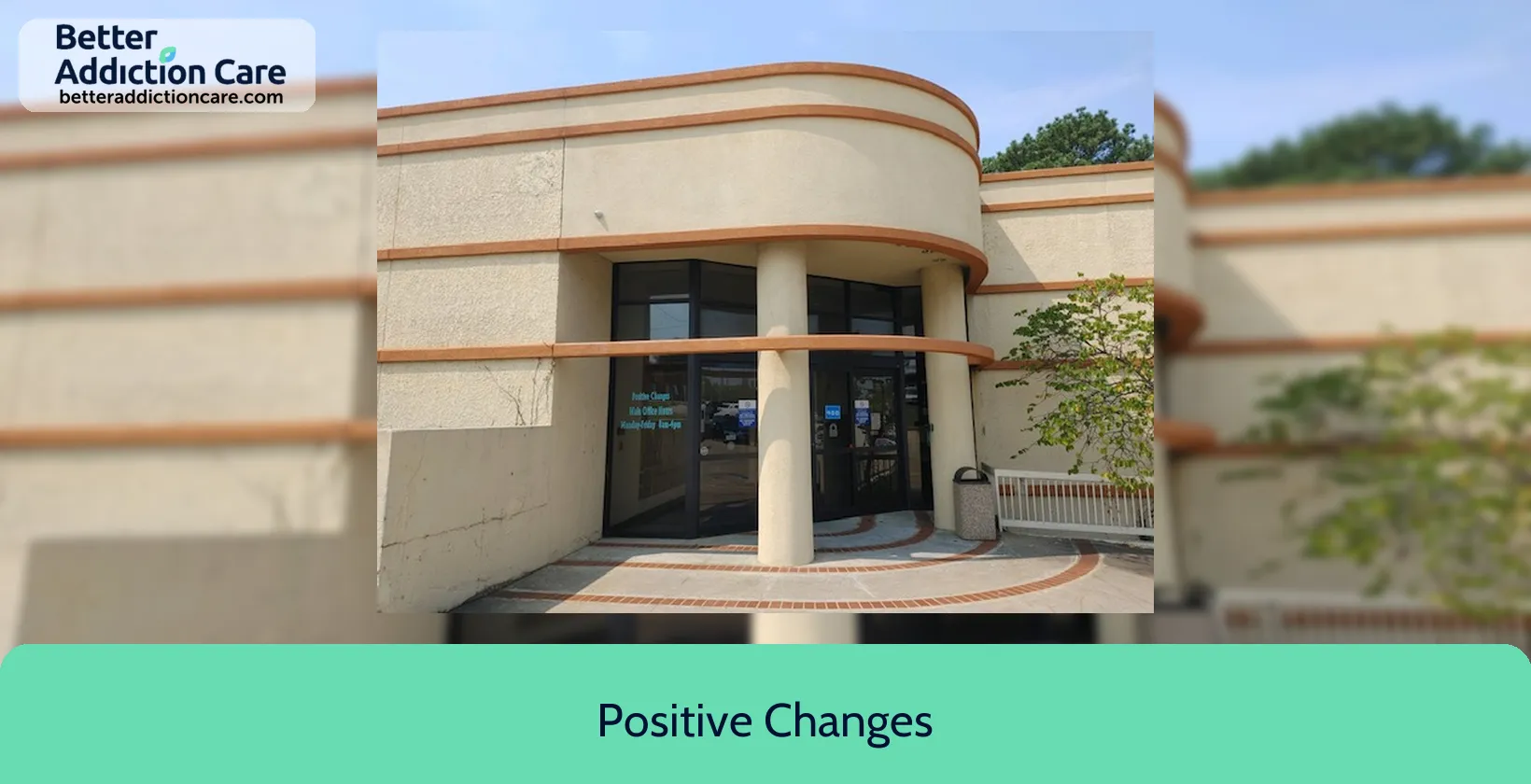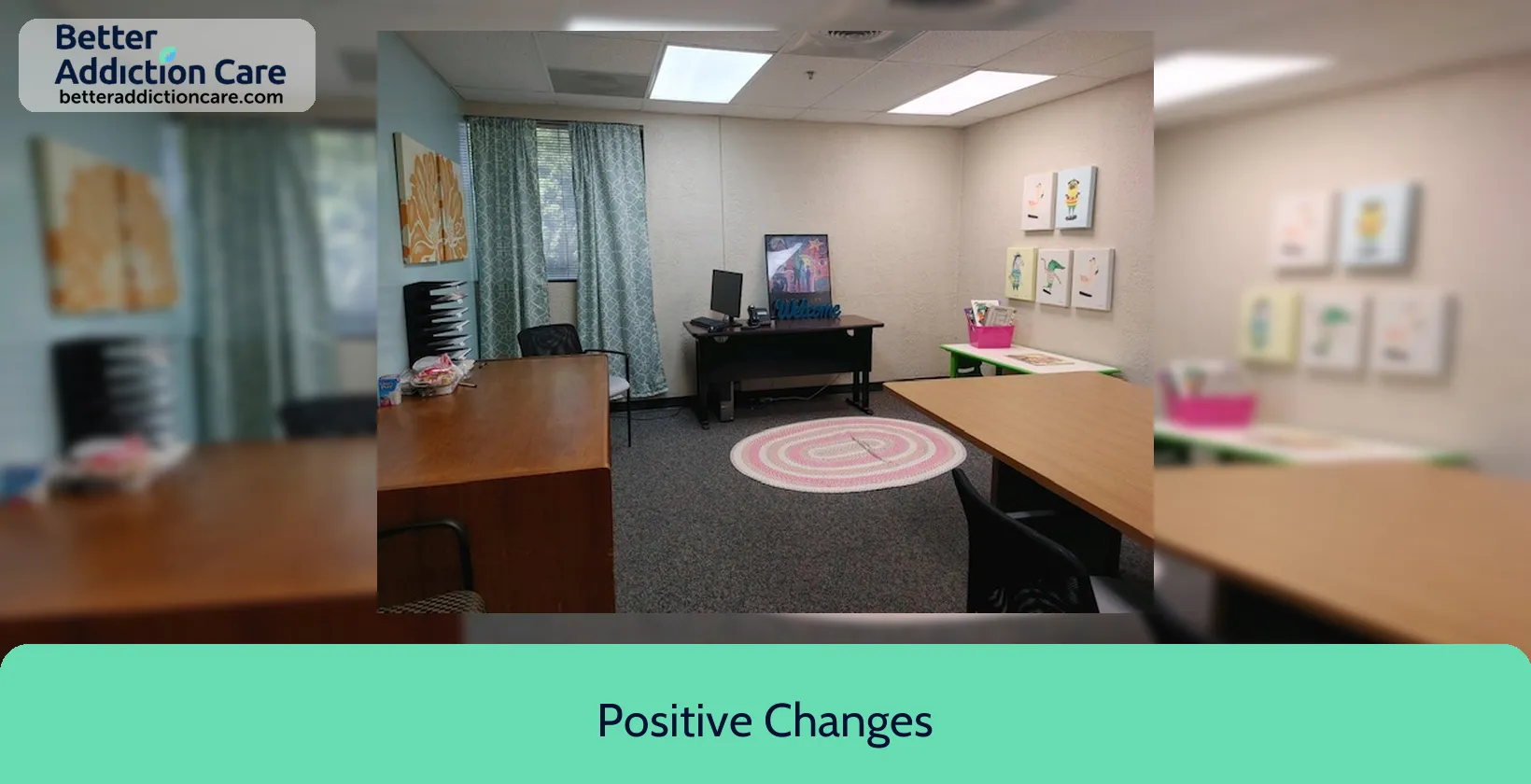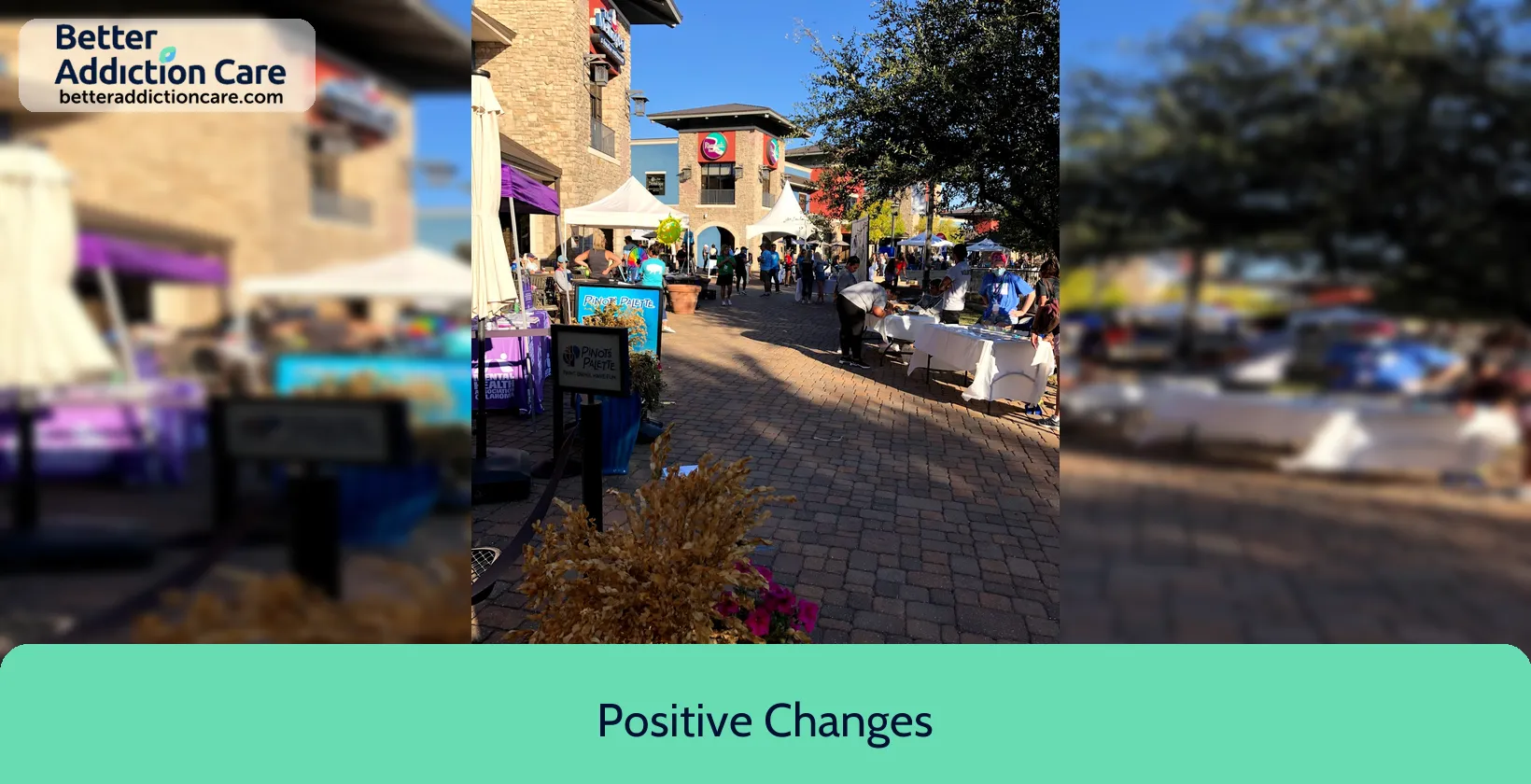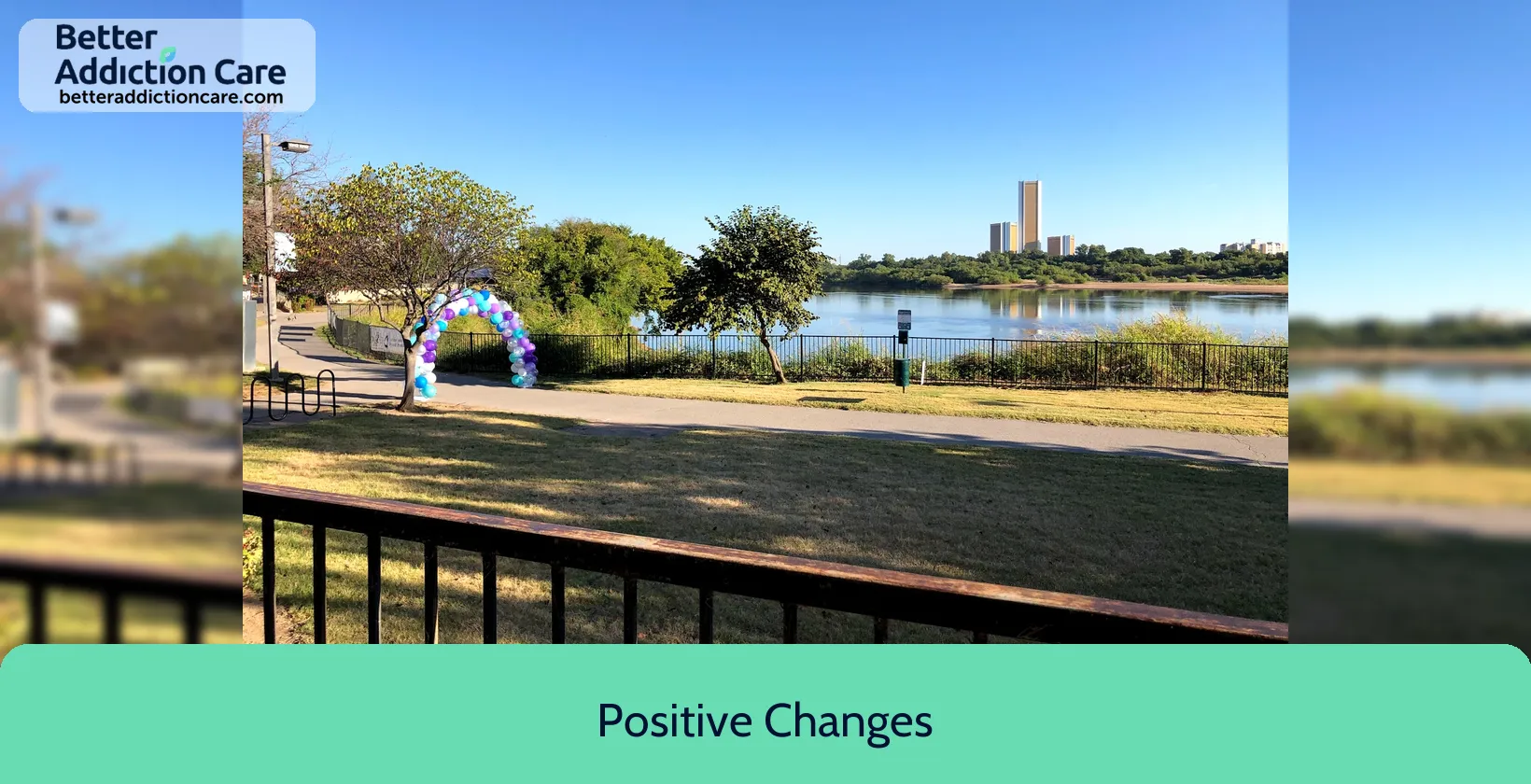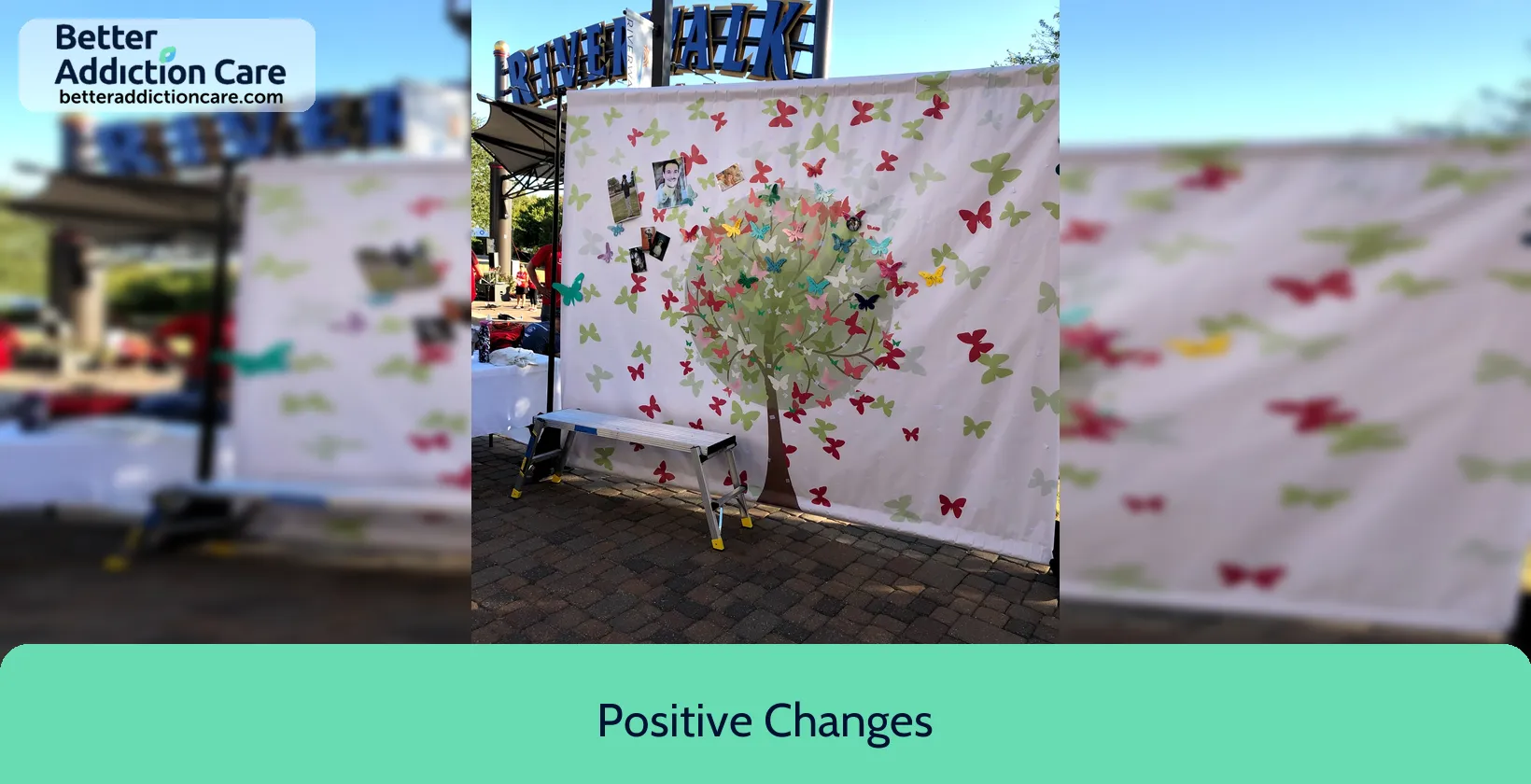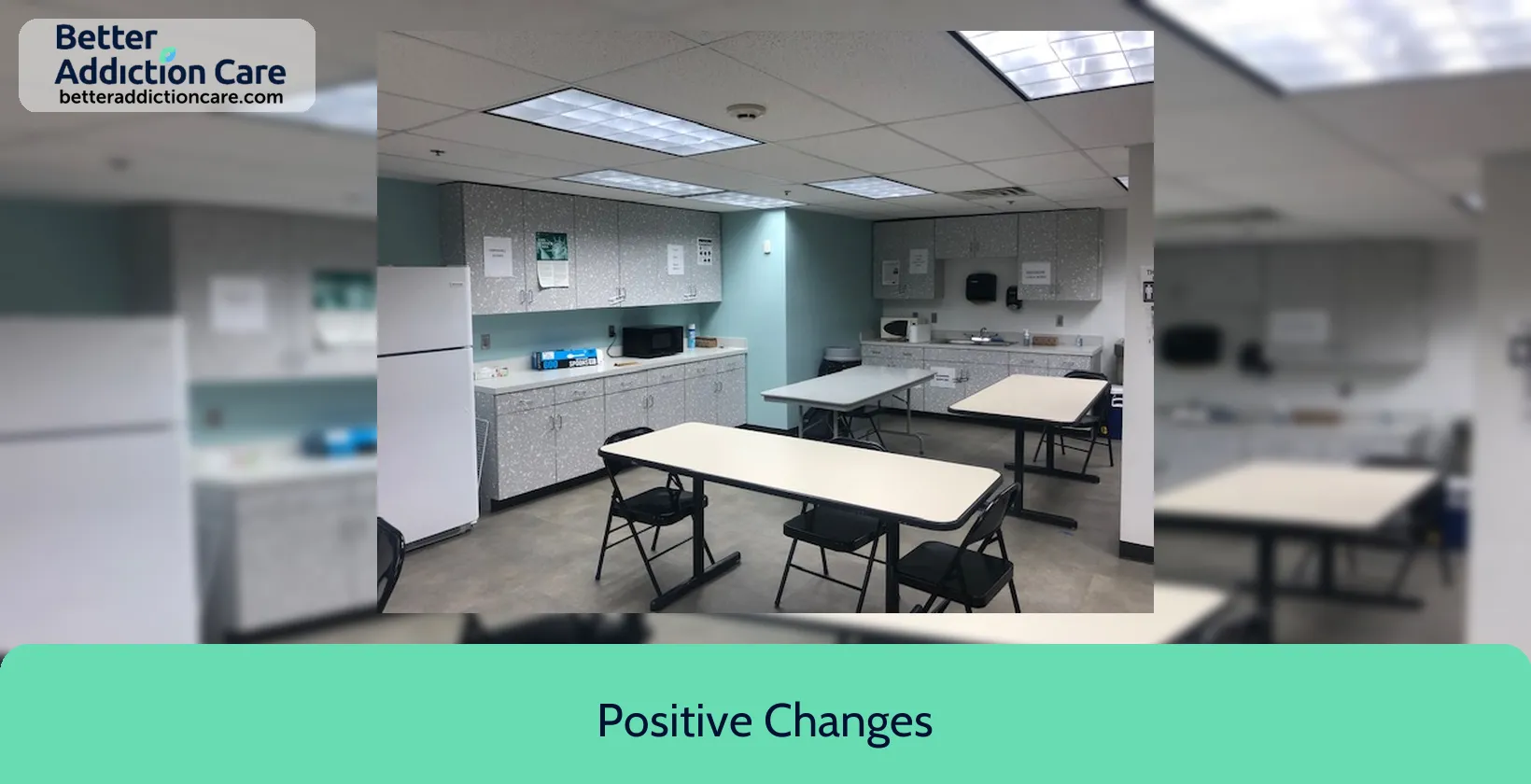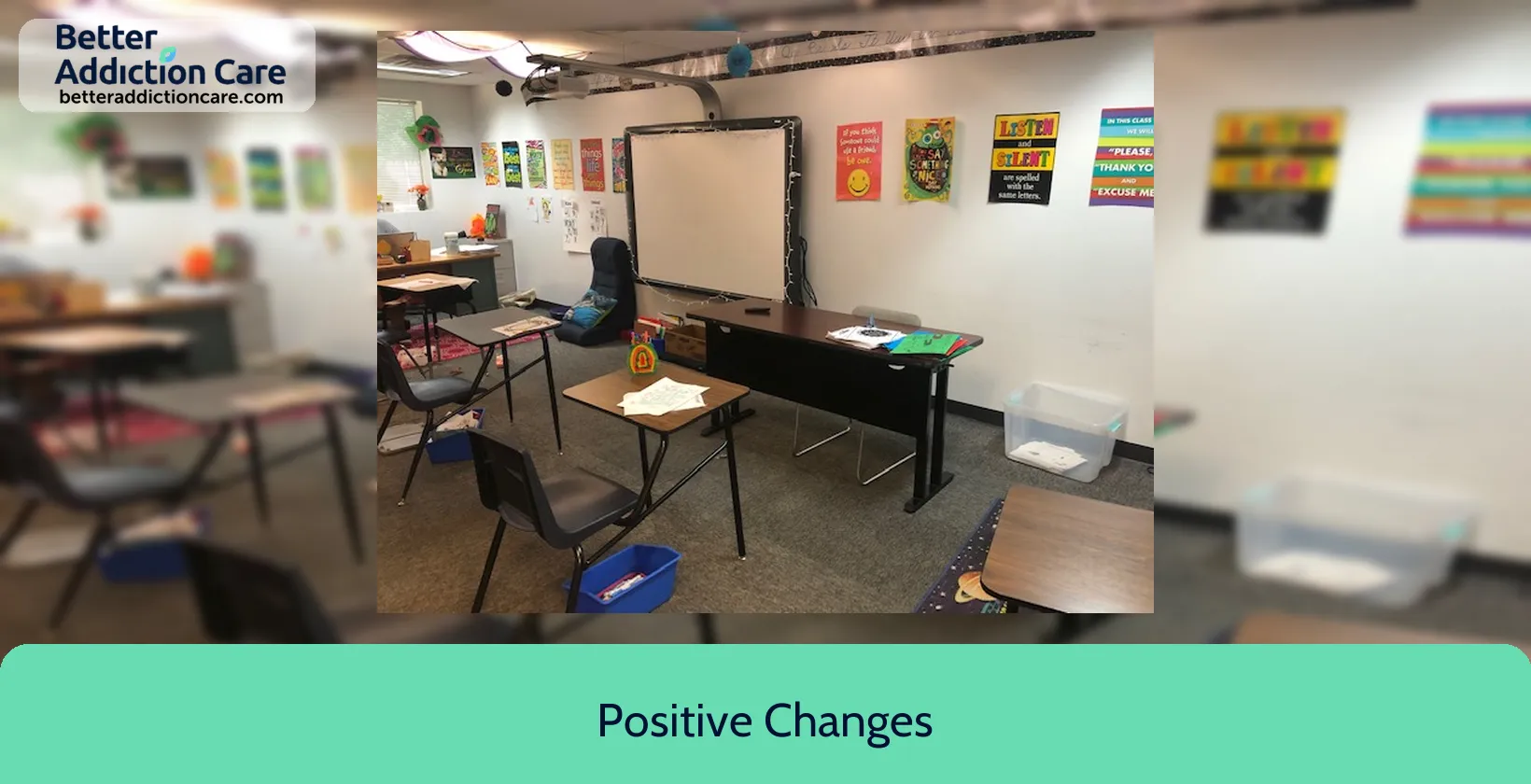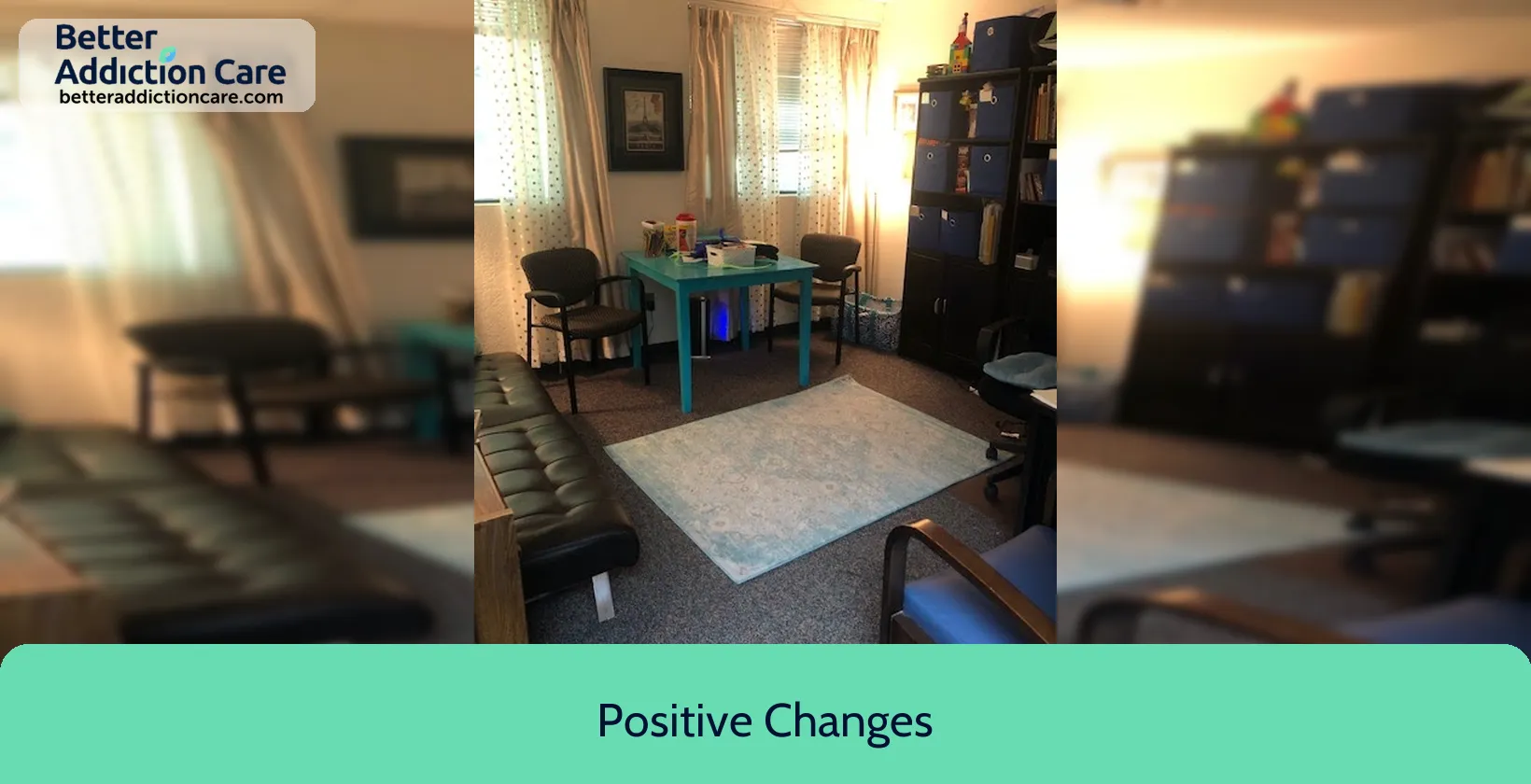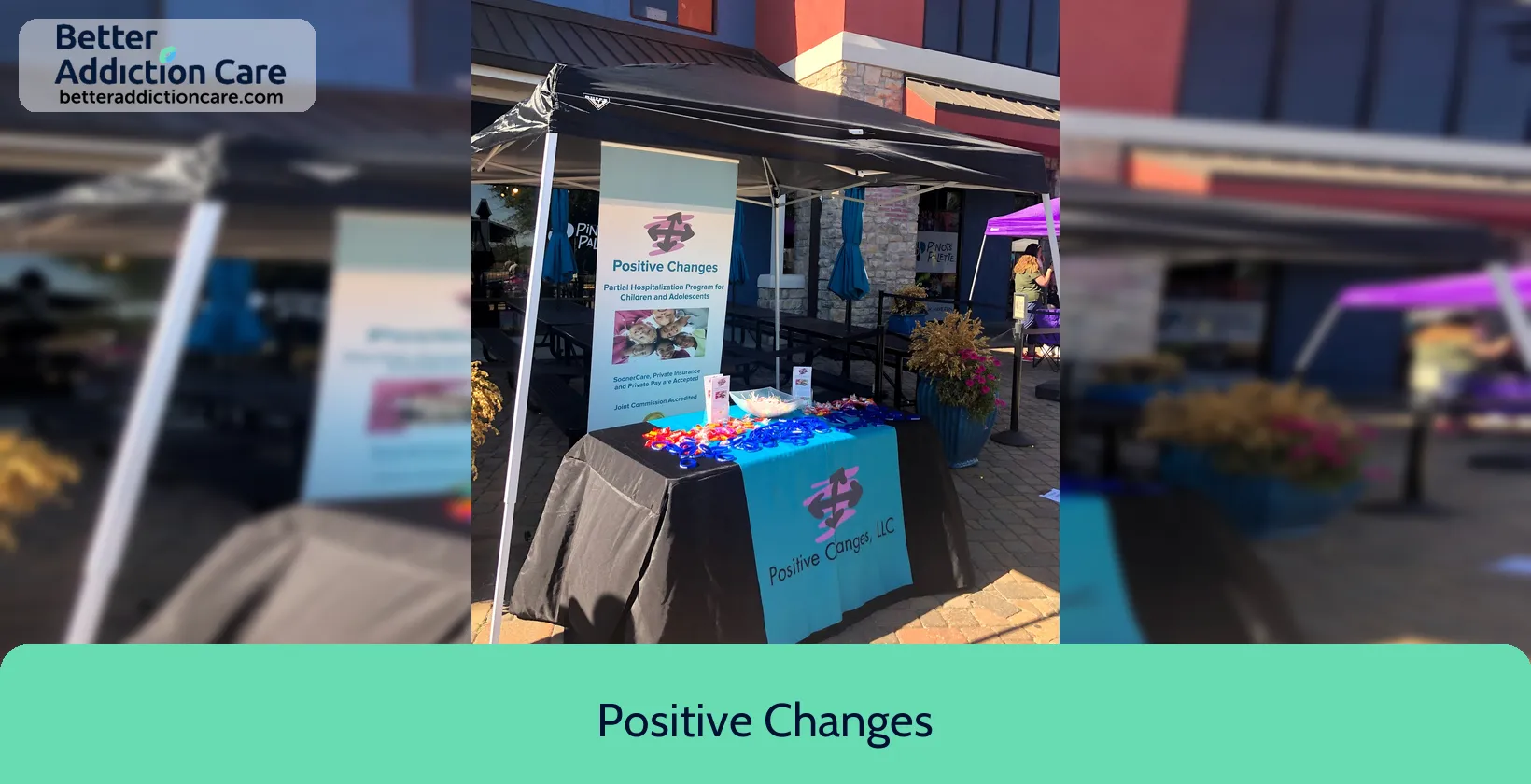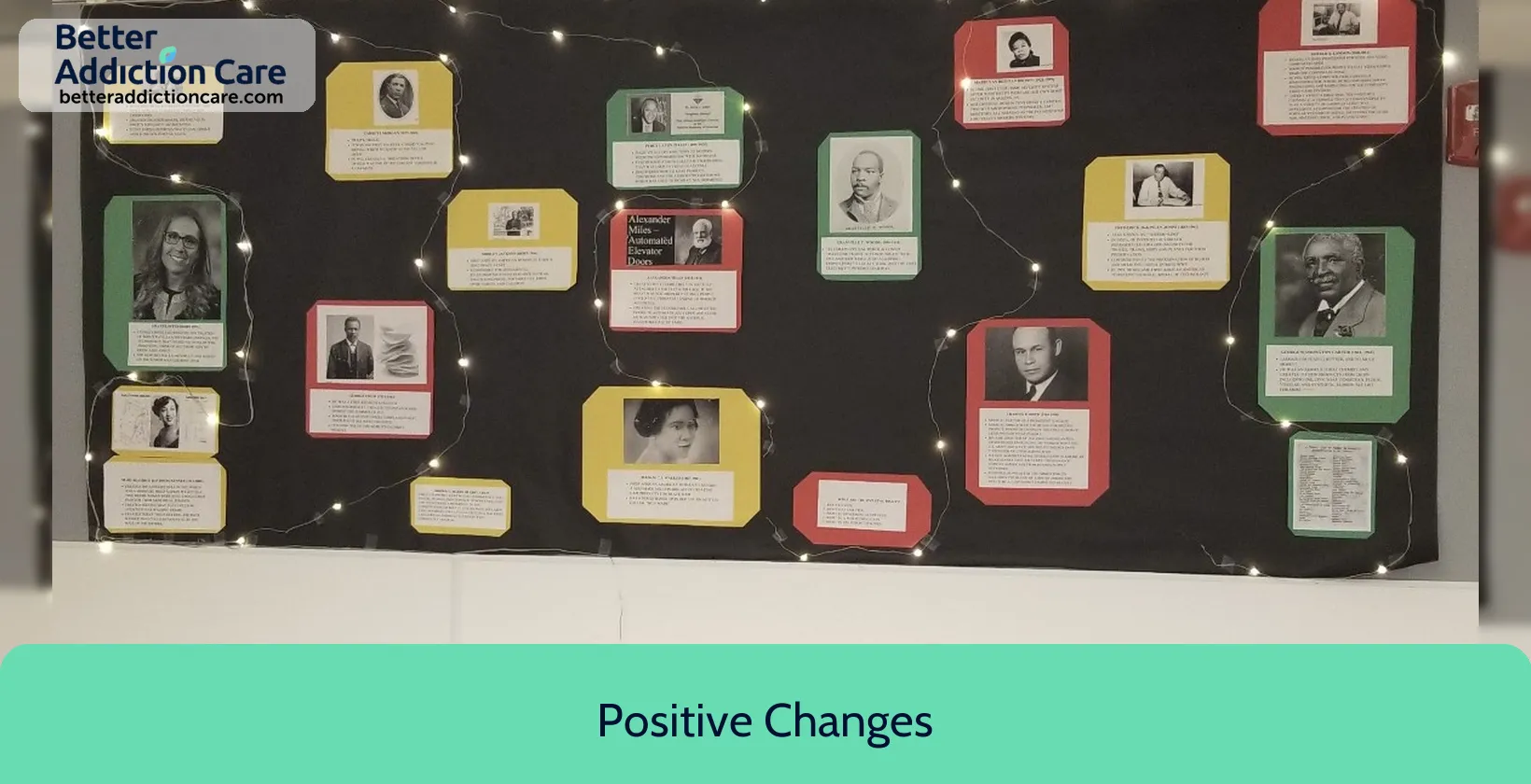Positive Changes
Overview
Positive Changes is a mental health treatment center for people seeking treatment near Tulsa County. As part of their treatment modalities for recovery, Positive Changes provides couples/family therapy, group counseling, and cognitive behavioral therapy during treatment. Positive Changes is located in Tulsa, Oklahoma, accepting cash or self-payment for treatment.
Positive Changes at a Glance
Payment Options
- Cash or self-payment
- Medicaid
- Private health insurance
- Federal military insurance (e.g., TRICARE)
- State welfare or child and family services funds
Assessments
- Comprehensive mental health assessment
- Comprehensive substance use assessment
Age Groups
- Children/adolescents
Ancillary Services
- Education services
- Family psychoeducation
- Psychosocial rehabilitation services
Highlights About Positive Changes
6.71/10
With an overall rating of 6.71/10, this facility has following balanced range of services. Alcohol Rehabilitation: 8.00/10, Drug Rehab and Detox: 6.00/10, Insurance and Payments: 6.00/10, Treatment Options: 6.85/10.-
Alcohol Rehabilitation 8.00
-
Treatment Options 6.85
-
Drug Rehab and Detox 6.00
-
Insurance and Payments 6.00
Treatment At Positive Changes
Treatment Conditions
- Mental health treatment
- Substance use treatment
- Co-occurring Disorders
Care Levels
- Partial Hospitalization Program
- Outpatient
Treatment Modalities
- Couples/family therapy
- Group counseling
- Cognitive behavioral therapy
- Dialectical behavior therapy
- Activity therapy
Ancillary Services
Languages
- Spanish
Special Programs
- Clients with co-occurring mental and substance use disorders
- Members of military families
- Clients who have experienced trauma
- Children/adolescents with serious emotional disturbance (SED)
- Persons with post-traumatic stress disorder (PTSD)
Get Help Now
Common Questions About Positive Changes
Contact Information
Other Facilities in Tulsa

7.23

7.00
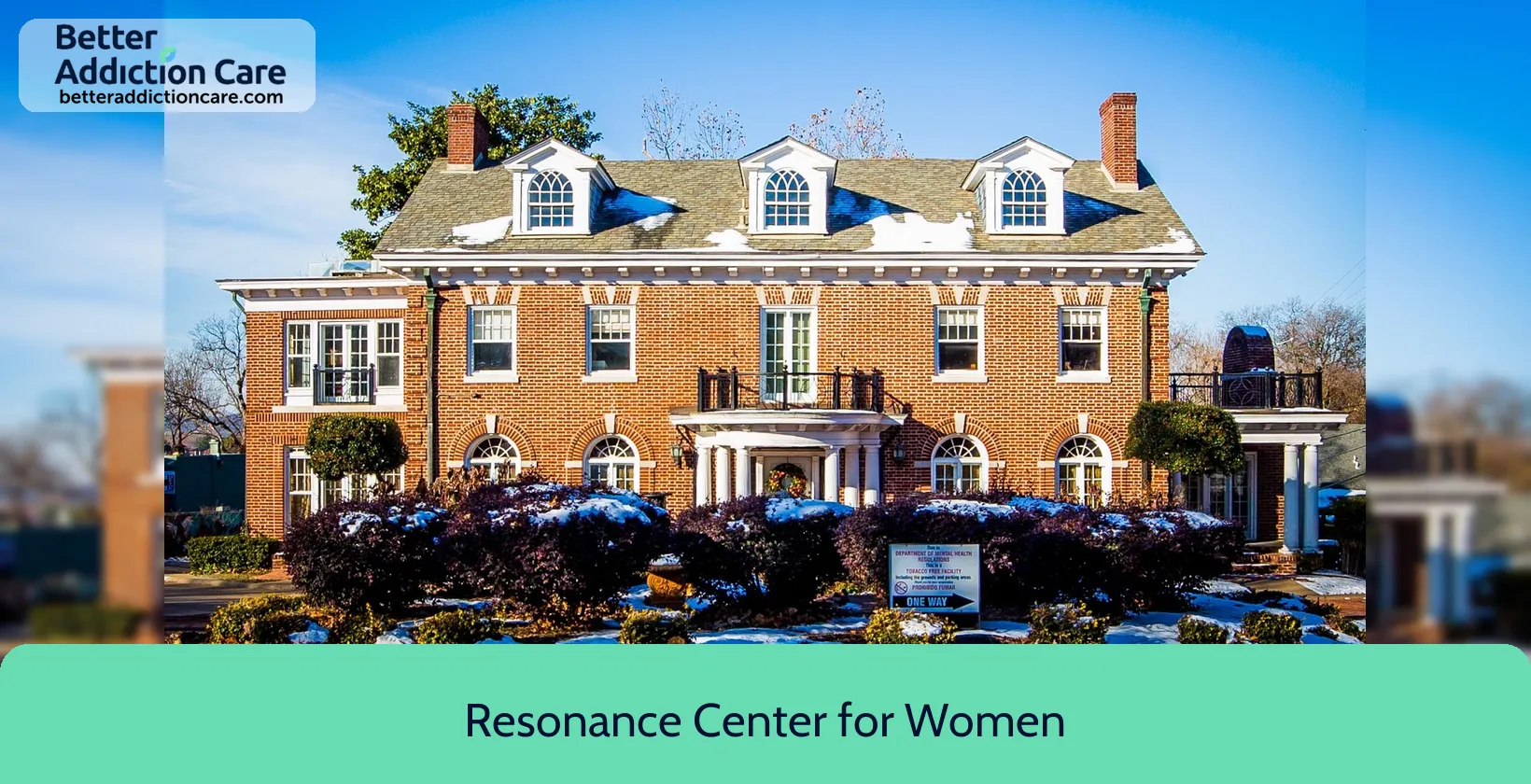
7.00
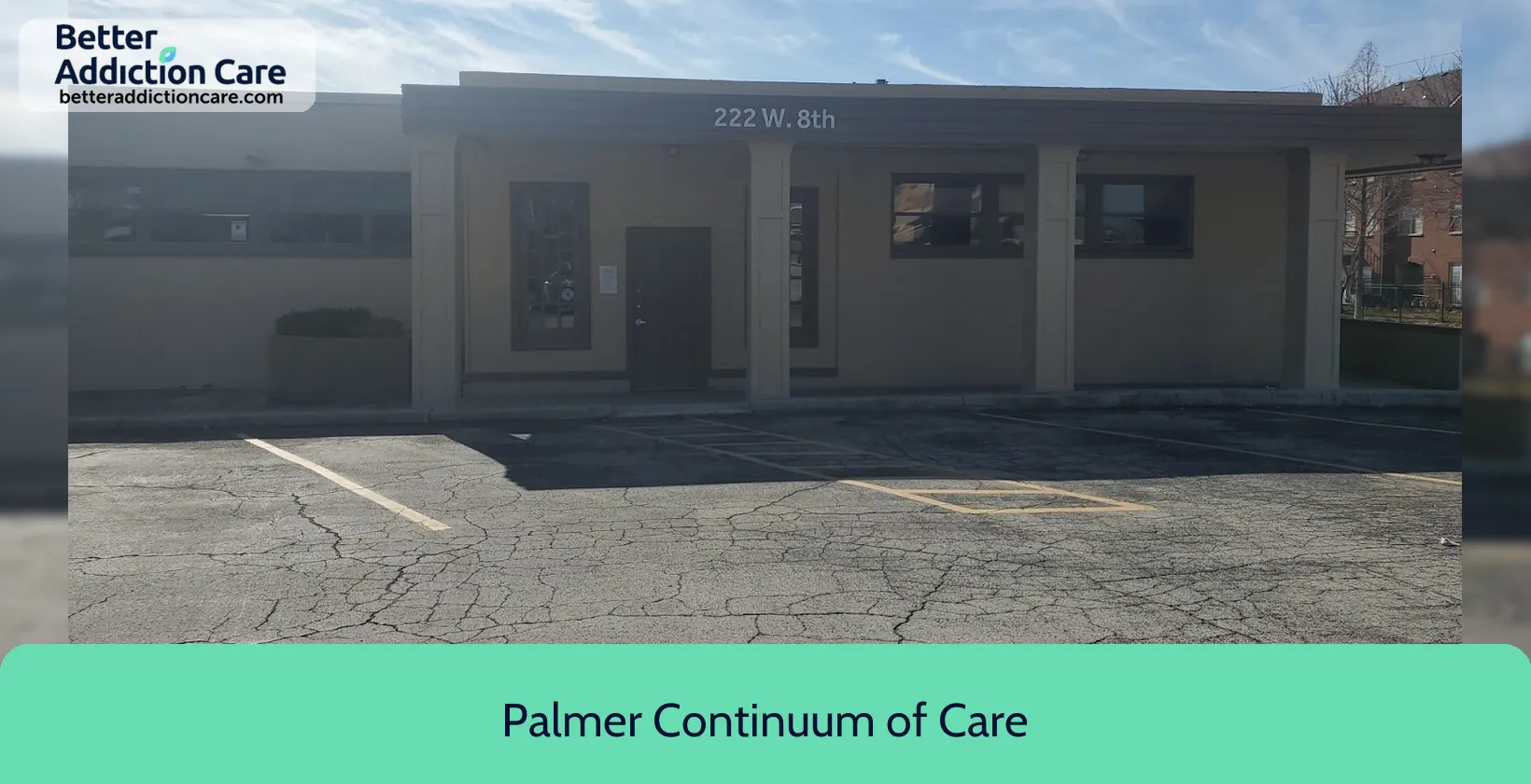
6.80

6.65
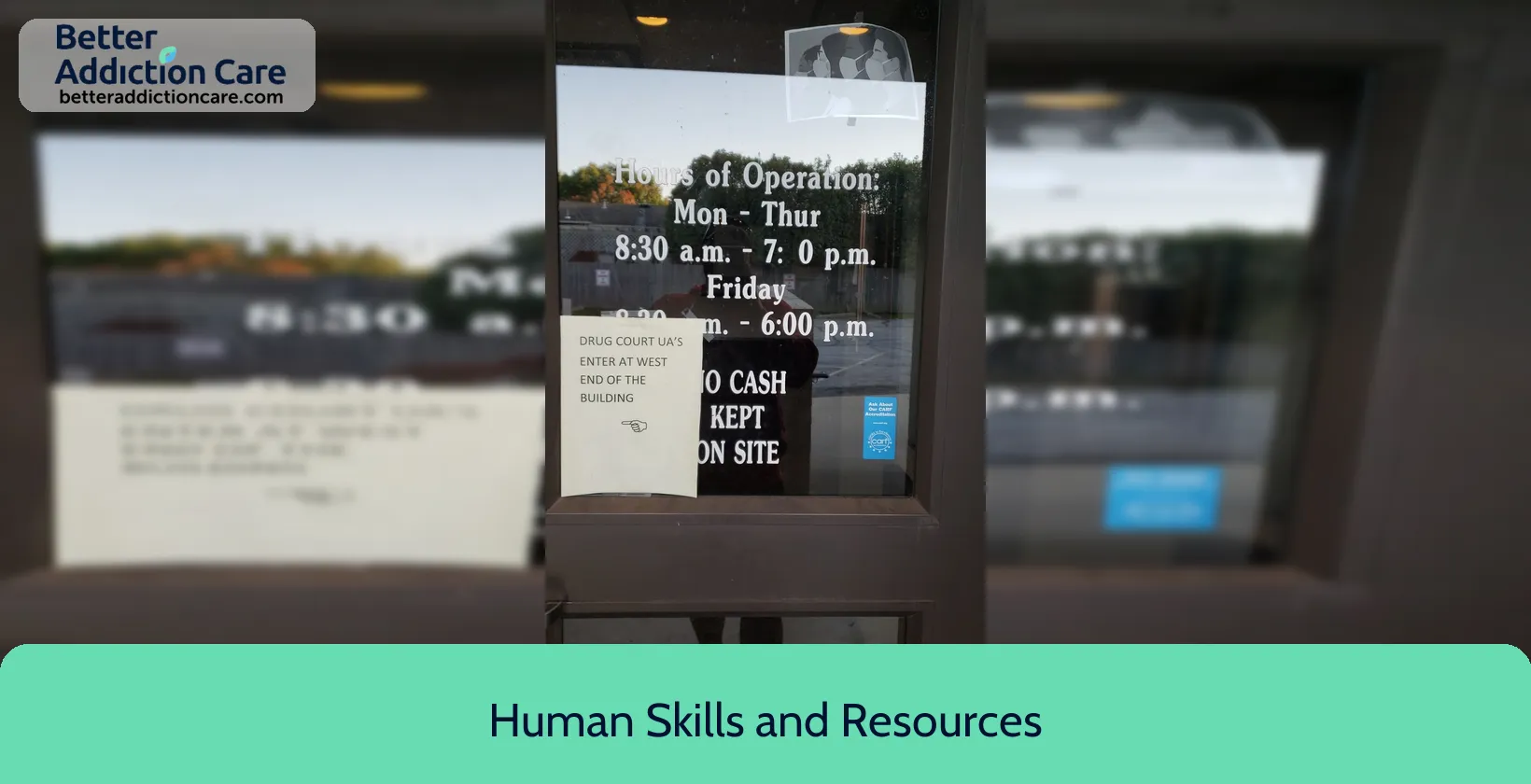
7.25
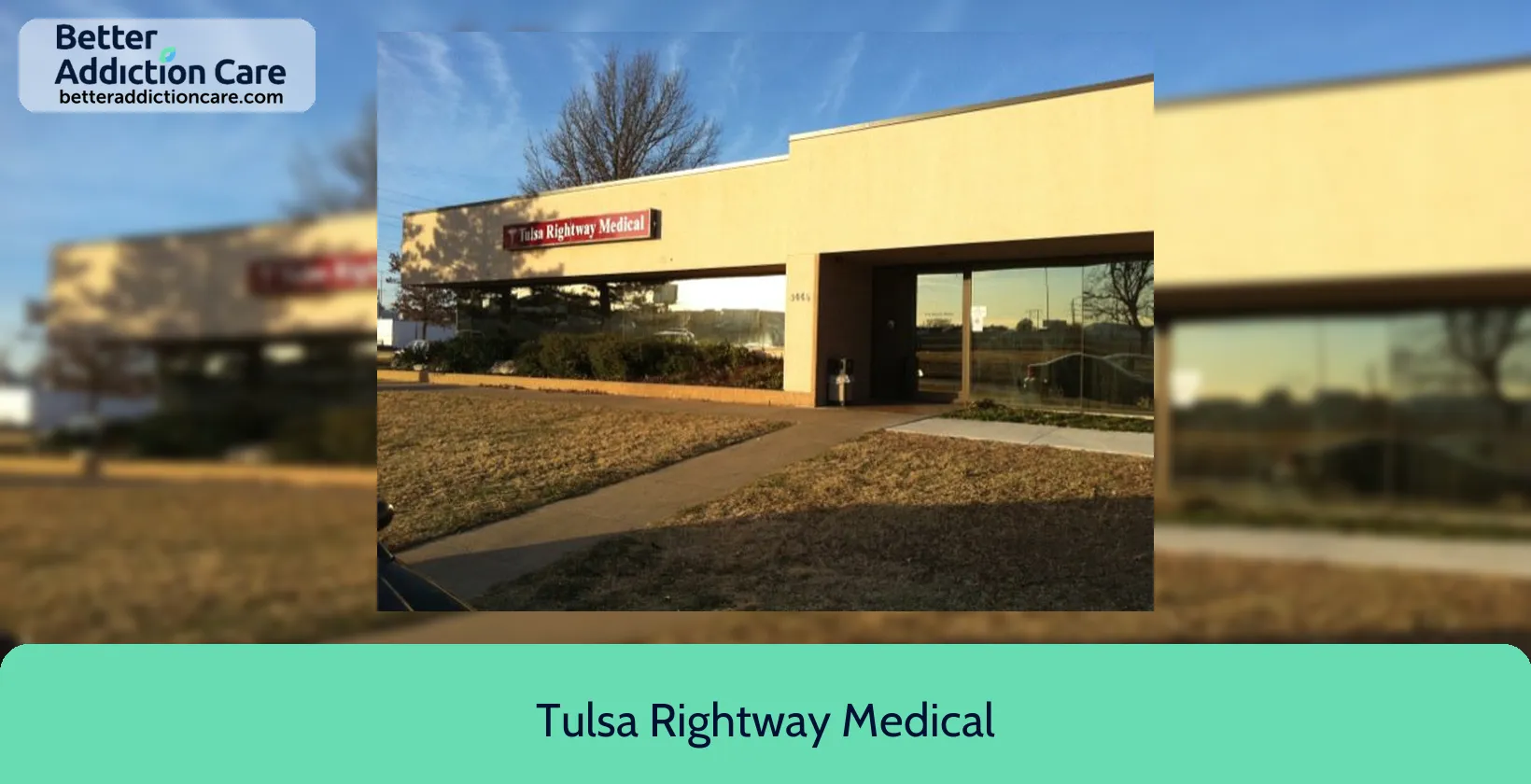
6.99
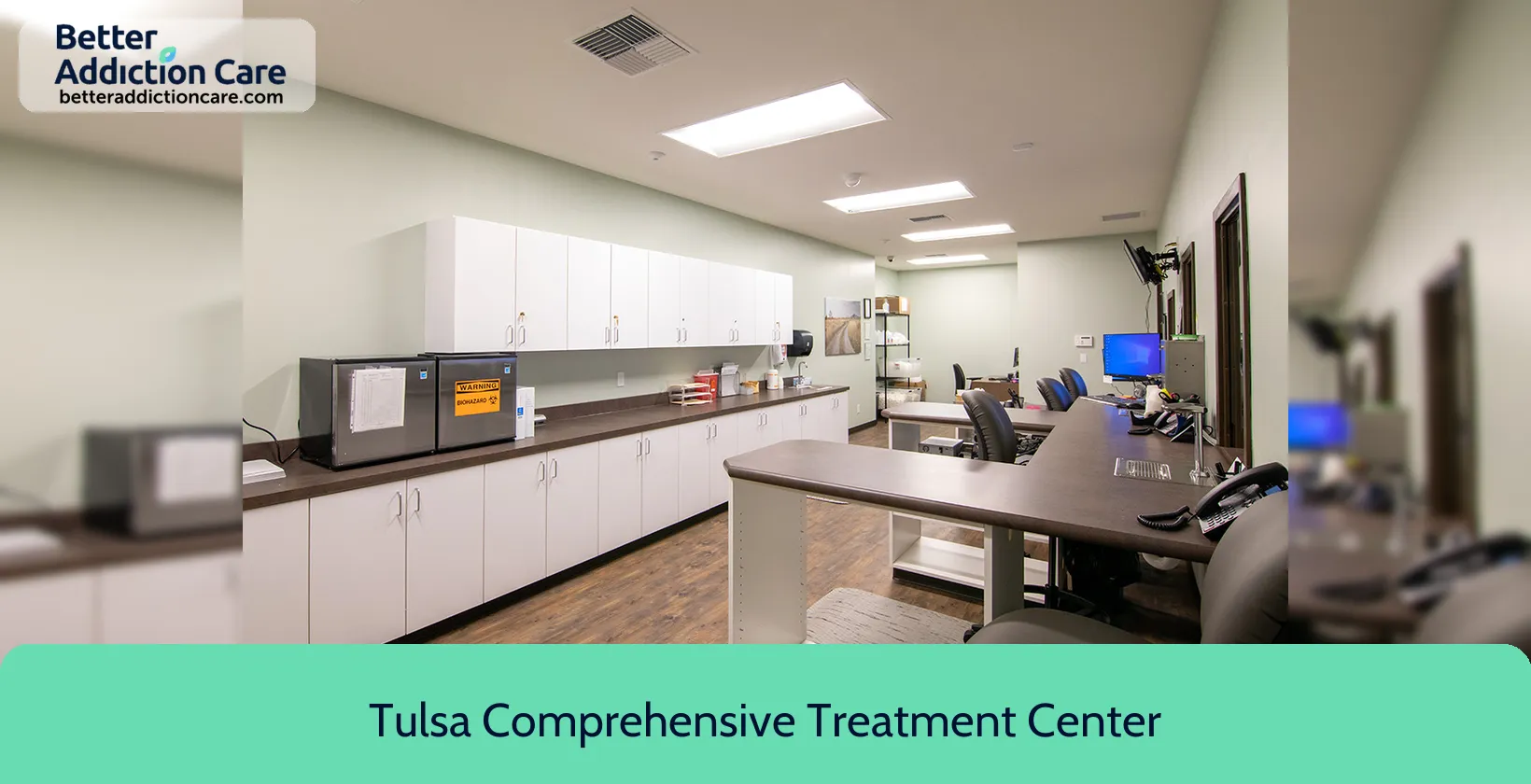
7.16
DISCLAIMER: The facility name, logo and brand are the property and registered trademarks of Tulsa Comprehensive Treatment Center, and are being used for identification and informational purposes only. Use of these names, logos and brands shall not imply endorsement. BetterAddictionCare.com is not affiliated with or sponsored by Tulsa Comprehensive Treatment Center.
